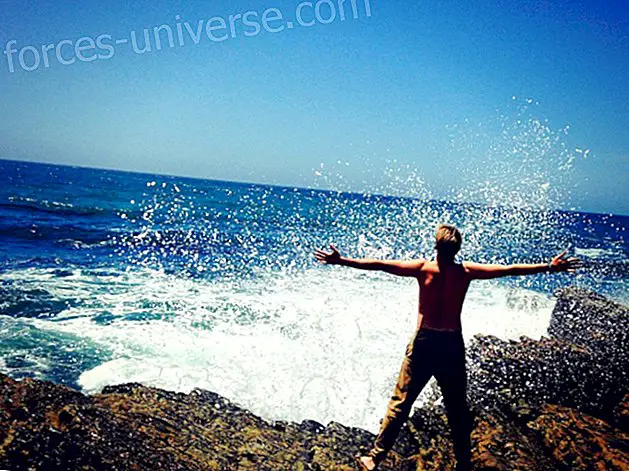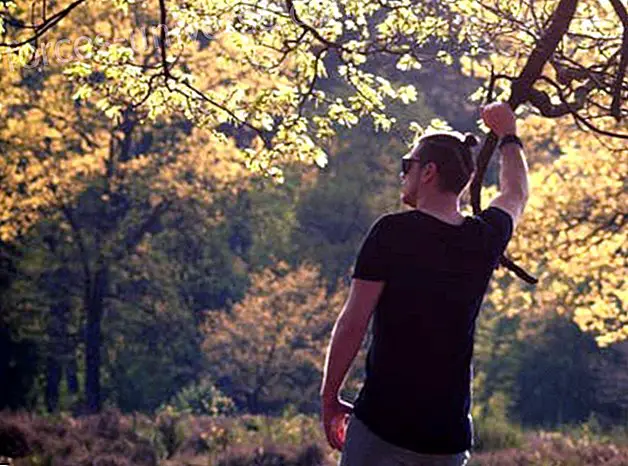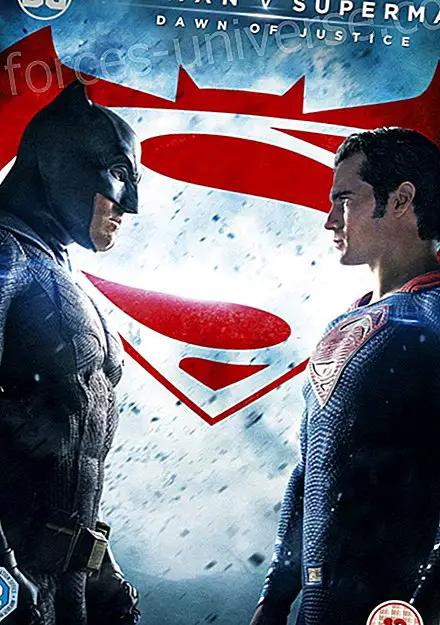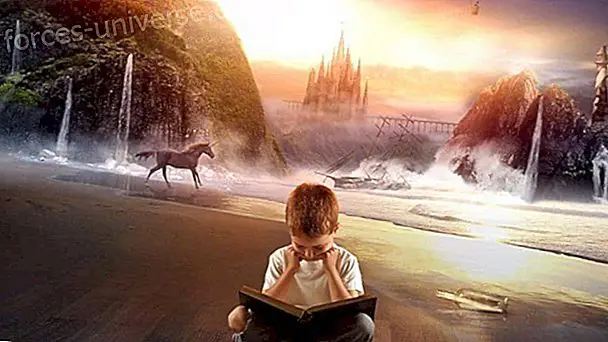An alternative Cooperative School Part II Ready to print This bulletin is the follow-up of bulletin # 71, about the Olga Cossettini Cooperative School, a very interesting educational initiative of Capilla del Monte, Sierras de Córdoba, Argentina. We are a group of families, mothers, fathers and teachers, mostly of limited economic resources, with a search and interest in the cultural, with a diversity of beliefs and thoughts. Eager for renewal in the lifestyle with options in favor of ecology and semi-rural life, committed and involved in the education of our children. Directed towards a comprehensive education of children, trying to holistically address all aspects of life in school - currently being an initial and primary level EGB 1 and EGB 2 - paying special attention to artistic expression. Interested in an educational proposal that starts from life to life itself. Families that, in order to fulfill their wishes and expectations, are grouped together in a cooperative, which corresponds to our ideas and experiences of participation and insertion in the community, and where we work together to build and maintain this institution. Providing a place to learn, grow, enjoy, create, express, share and cooperate. An alternative space in education. How do we organize? There is a teaching staff, a parent body, a board of directors and a body of administrative assistants. Co-responsible teachers All teachers work directly with children in the classroom. They make decisions horizontally and are co-responsible for the entire pedagogical area, according to skills and experience. They meet daily at the end of the school day for 40 minutes to deal with the emerging of the day. Weekly, 3½ hours in contraturno to organize the week; and monthly, in school hours with suspension of classes, to attend the pedagogical day, oriented to the training, study, investigation and reflection of different subjects of educational interest. Within the teaching staff there are different roles to be carried out: coordination of areas, group referent, workshop referent, referent of incoming teachers, reference of Library, spokesperson-communicator before parents, spokesperson-communicator before the Administration and Porter Council. The teaching staff has a psychopedagogical advisor. Organized and involved parents They are grouped in a cooperative and form commissions to maintain, sustain and generate various resources for the school, collaborating in responding to the needs of the school. Namely: Commission of generation of resources, commission of didactic material, commission of maintenance and preparation of the building, and commission of cleaning. Board of directors Like any Cooperative, ours has an administrative body made up of 8 counselors and 2 trustees, distributed as follows: A president, a vice president, a treasurer, a secretary, two regular members, two alternate members, a senior trustee, A substitute trustee. The administrative assistants are formed by an administrative secretary, an accounting assistant, an accounting advisor. What do we intend to become? We intend to become a research and pedagogical application center, with the following levels of formal education: 3-year room, Initial Level (4 and 5 years), EGB I (1st to 3rd year), EGB II (4th to 6th year), EGB III (secondary from 1st to 3rd year), Specialization cycle (last three years of secondary school), and form a Department of Application and Pedagogical Research (Teacher training). Within non-formal education we aspire to develop: School of Arts and Crafts with Literacy, for reintegration into the educational system. We want to be - A School sustained and endorsed by the State. Returning to public education, what public education gave us: our professional training and the training of educators such as Leticia Cossettini, Olga Cossettini and Luis Iglesias. They formed free and thinking beings from a secular school, free and public, accessible to all. We want to continue being: What do we need to carry out the project? - Human resources: One teacher per group, one flying teacher, one psycho-institutional advisor, one secretary, one accounting advisor, one accounting assistant, and cleaning, maintenance, garden managers. Lights for a new School In a broad context, the school is a victim of economic and cultural impoverishment, caused by policies that do not attend to equity and social justice, being promoted and stimulated by the mass media. Social violence not only exceeds the school framework, but also contains it. In this way the school acts directly by recreating or not, in the same school environment the same violence-generating models proposed by society, in this way strengthens, validates and becomes an accomplice. The education of other times did not take into account the formation of beings able to participate as citizens, causing individualism and apathy against social problems. On the other hand, he did not attend to the need to twin man with his land, producing an excessive oversight of the planet we inhabit. Art is not considered educational. This thought is not only installed in children (for some of them, the plastic time is `` now free '') but also by parents and parents. Grade teachers There is a devaluation of art and the time of plastic and music. Socially, sensitivity is undervalued. In general, the deterioration of education, the lack of interpretation of curricular proposals, ignorance of the needs of children and the national and global context of violence, deculturization, acculturation and poverty, impoverish schools and da terribly our children. Summarize from the school before and the school we are doing
Mom, I want to go to school Normally, many children do not feel motivated to attend school. Children do not perceive school as their own environment and sometimes find what they study dissociated from their reality and their life. We want children to arrive at school happy. If the school brings to the child what is proper to him as the game and the nature that surrounds him to learn, the child will go joyful and safe. A range of summoning activities is presented: painting, observing animals, drawing, singing, dancing. Some of these proposals will attract him deeply and will join him with the school, which will become his own environment. The school should be a place where the child moves easily, find what he needs, is comfortable, everything must be within reach. They take homework with joy; without harassing the children by the amount, as the children grow, the tasks become more complex. It is the process that counts We value the process very much. Self-awareness is encouraged, encouraging successes and reviewing the path taken to reach knowledge. We care about the results that each child achieves based on their potential. No comparisons are made with other children. Emphasis is placed on learning to learn, therefore, learning as a lifelong activity, which presupposes providing strategies. Contents that "catch you" We carefully select the contents. They are few, but they are studied in depth; At the initial level and throughout the first cycle there is greater flexibility in terms of the contents selected for science, many times it is based on what children bring as a proposal based on their interest. Observation, exploration, experience and experience are fundamental in these early stages of schooling. During the second cycle the contents are deepened and the students graduate having completed the official curriculum. Fragmented versus integral Normally, knowledge and experience in subjects are fragmented, reducing them all to the parties without worrying about establishing continuity and connection. On the contrary, sometimes it tries to integrate everything, without naturalness, losing sight of the real objectives set. You learn memorically and repetitively. The construction of learning or the establishment of relationships is not favored. Particular attention is paid to the intellectual, forgetting that the child has a body and five senses to learn and express. We propose that we start from the game, from the experience itself, from the artistic expression, from the “doing”. Then you come to abstract knowledge, the possibility of establishing relationships. In any case, the exercise of memory is not underestimated. We try to form a plot of significant content. We aim at the education of the child as an integral being. Education through art is the axis and guide of our work. Sometimes, the “reproduction” of what is in fashion in the mass media, especially television, is observed in schools. Such a model, devoid of beauty and wealth, is often related to consumption whose message is easy, superfluous, violent and degrading. Our school does not intend to “give more of the same” nor reinforce it, but rather tries to introduce, or at least show, children and young people a cultural legacy to which they do not have daily access. Between An adequate selection of literary material is also made that respects the child as being sensitive and promotes the visit of people who relate their experiences (travelers, writers). Thus, beauty and harmony are present daily in school and the distant world approaches them. A cordial, respectful treatment is vital for the boys Usually it appears in the way of linking with the children authoritarian traits. Discipline is imposed from the outside, with shouts and other violent attitudes, such as how to call children with surnames or nicknames, or how to correct their productions; crossing them out or subjectively valuing; not respecting their different beliefs, making comparisons and establishing differences arbitrarily. In Cossettini, the treatment is cordial, there is no distance between adults and children, there is mutual respect. No nicknames and surnames. Everyone, both students and teachers, share the same snack, the same materials. The students' notebook is respected; When marking errors, it is done properly. The participatory school assembly In previous education, children do not participate in the construction of norms and coexistence agreements. Usually all the rules and guidelines are pre-established, children do not think about problems and possible solutions in terms of living together. We hold a weekly assembly in which children ask, criticize, propose, congratulate and thank. It discusses the issues proposed by them, which have to do with what interests them and worries about their school life. Adult intervention tries to be minimal. Children advance in their ability to listen and dialogue and prepare for a life of citizen participation, criticism and responsibility. Cooperation, solidarity, ecology Faced with the formation of individualistic and competitive beings, we propose teamwork, cooperative and solidarity. Facing a planet in ruins, we propose to form responsible and careful beings of their surroundings. The rapport The "hours" used to be very short, making it impossible to address the understanding and deepening of the contents treated and the good development of learning experiences. We distribute the time according to how we want to develop the contents and processes. The work blocks are long, separated by a single 25-minute break. Leave the j-classroom In the traditional school, the classroom has four walls and does not leave it to learn. The rides are forbidden and if they are done they require an extra stationery that causes children not to go out to their neighborhood, to see art samples or to the square. The school walls become transparent and then we go to the garden, to the spa, to visit the shoemaker, to the neighbor. Departures and walks are frequent. Small groups Important! When the groups are numerous, the link between the child and his teacher does not allow exhaustive personalized monitoring and it is more difficult to respect the particular rhythms of each child, leading to school failure, to the generation of violence in the classroom; The evaluation is reduced to a role at a given time, children with learning difficulties cannot be properly contained. We propose the formation of small groups of no more than 15 children. We believe that in small groups the links are real, possible, interaction between child and child is favored, relations between them are deeper; between children and teachers, making it possible for the teacher to guide, accompany, without imposing. In small groups, education is more personalized: it can respect the learning rhythms of each one, enabling direct evaluation. The small group encourages interactivity between the child and knowledge. Direct living experience is possible: each child can see, touch, smell, feel and express. Class time is optimized because it is distributed among few children. Each child brings his contribution; thought, book, stone, seed, etc. being the protagonist of his learning enriching himself and the group. Everyone has their time and space to express, learn and communicate. The teacher and classmates can listen, contain and support. In small groups violence is reduced. Alternative evaluation Evaluations are usually reduced to a moment; Quantitative qualification often does not give the child or parents an idea of what needs to be reviewed, reviewed or strengthened. Teachers must complete a series of stationery that distracts them from their true role as educators. We intend to continuously evaluate, through direct observation, co-evaluation, hetero-evaluation and self-evaluation. This fact is favored by the formation of small groups. Parents are given a descriptive report of the teaching-learning process of their child and the group to which he belongs. Teachers write their class diary when it ends. Communications to parents are made by the person who collaborates as a secretary. Continuing teacher training In many cases there is a lack of genuine interest on the part of the teacher in terms of their training and training. In school there are few moments of reflection about the task that each teacher carries out. Monthly we carry out a jor pedagogical day . On that day there is space for the study and artistic expression of teachers. An individual and joint reflection between partners. When preparing his class diary, the teacher rethinks his class, evaluates it, reflects on his attitudes and on the results as planned. All teachers, at the end of their day with the children, meet to reflect on their work day, share experiences, and exchange different perceptions. At the weekly meeting, teachers can continue to deepen their practice and in special cases, professional advice is available. Committed parents School and family are often distanced, with few spaces for dialogue about shared values. It is complex to jointly develop action plans to accompany and help children. Meetings with parents are scheduled when it is necessary to exchange and think about alternatives for the process of your child-child. In those meetings, which are recorded, there are always two or three teachers, to provide different visions. If necessary, the external consultant attends the meeting. We encourage children to feel confident and demonstrate with joy what has been learned Currently, our school still does not give official titles; parents are informed of this when their children enter. At the end of their schooling, the children take a final exam in one of the public schools of the same town, whose purpose is to accredit that they have attended primary school. 32 children have already graduated, all have passed their exam with distinguished qualifications. We encourage children to feel confident and demonstrate with joy what has been learned. For our school, the way to evaluate the end of the process carried out by children is to carry out a great work in which, through art, they integrate what they have learned in the different areas, both concepts, strategies and strategies. Techniques Contact Photos taken from: Pedagooog a 3000 Files I learn.wordpress.com | ||||||||||||||||||||||||||||||||||||||||
This email is a Pedagooog a 3000 service. If you want: | ||||||||||||||||||||||||||||||||||||||||
We urge you to distribute this material, without commercial purposes, electronically or in print, as long as the service credits, the authors, as well as the source and the link are mentioned. |







